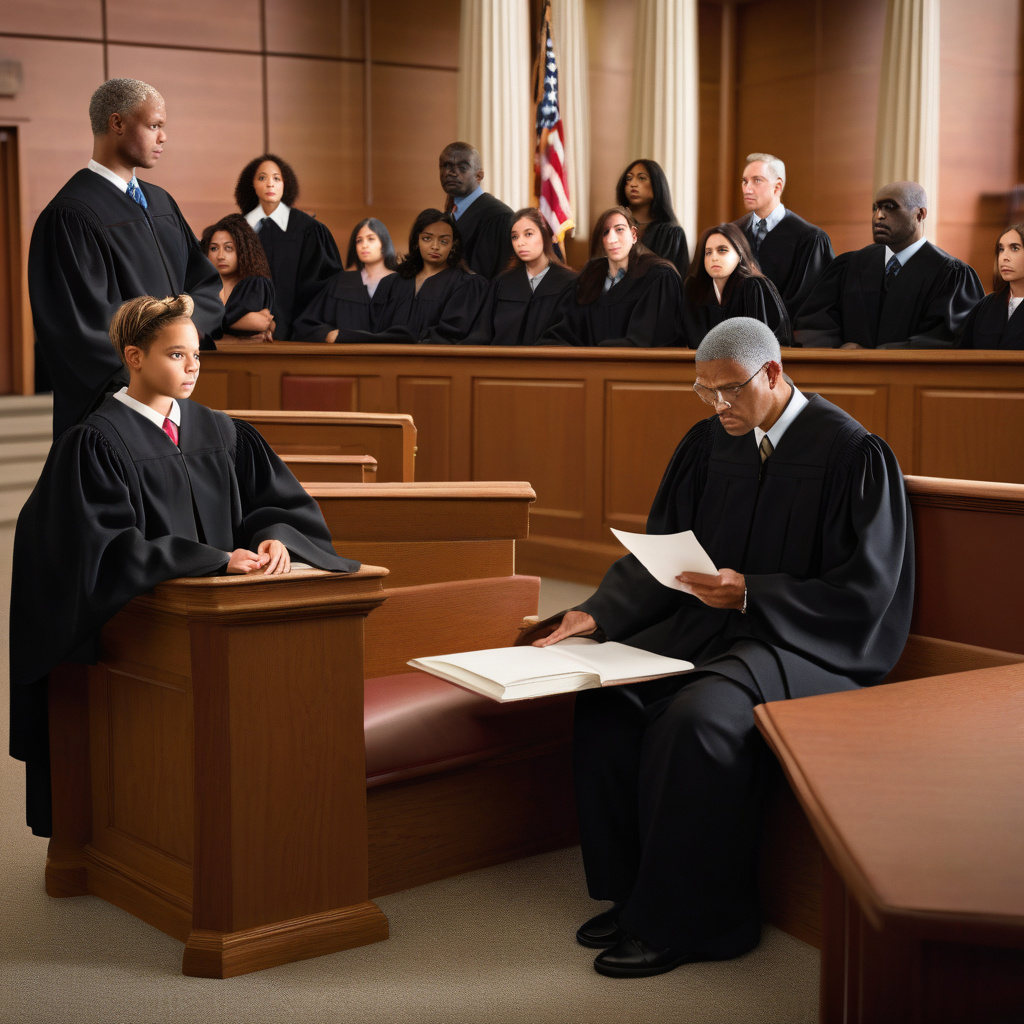Judge Blocks Florida’s Social Media Ban on Kids Over First Amendment Concerns
A federal judge on Tuesday halted Florida’s attempt to restrict minors from using social media. The law, which was set to take effect on July 1st, aimed to prevent children from accessing platforms like Facebook, Instagram, and Snapchat. However, U.S. District Judge, Kathleen Williams, blocked the legislation, citing First Amendment concerns.
The controversial bill, known as SB 7072, would have required social media companies to verify the age of users and block access to anyone under 13 years old. Proponents of the law argued that it was necessary to protect children from online predators and harmful content. However, critics viewed it as a violation of free speech rights.
Judge Williams agreed with the opponents of the law, stating that it likely violated the First Amendment by restricting the ability of minors to access a wide range of speech protected by the Constitution. She emphasized the importance of protecting the rights of young people to express themselves freely, even in the digital realm.
This ruling has sparked a debate about the balance between protecting children online and upholding the principles of free speech. While no one disputes the need to safeguard minors from harmful content and predatory behavior, the question remains: at what cost?
Supporters of the Florida law argue that social media can have detrimental effects on children’s mental health and well-being. Studies have shown that excessive screen time and exposure to certain content can contribute to anxiety, depression, and other issues among young people. By limiting their access to these platforms, the hope was to mitigate these negative consequences.
On the other hand, opponents contend that censorship is not the solution. Instead, they advocate for better parental supervision, digital literacy education, and improved privacy protections on social media sites. They argue that empowering children to make informed choices and teaching them how to navigate the online world safely is more effective than outright bans.
While the debate rages on, one thing is clear: the issue of children’s access to social media is a complex and nuanced one. It requires a thoughtful and balanced approach that considers both the potential risks and benefits of online engagement. As technology continues to advance and play an ever-increasing role in our lives, finding this balance becomes even more crucial.
In the end, Judge Williams’ decision to block Florida’s social media ban on kids serves as a reminder of the importance of upholding our constitutional rights, even in the face of well-intentioned legislation. It is a victory for free speech advocates and a reaffirmation of the principles upon which our democracy is built.
In the coming months, the debate over children’s online safety and the regulation of social media will undoubtedly continue. As lawmakers, tech companies, parents, and advocacy groups grapple with these issues, one thing is certain: finding common ground will be essential to ensuring a safe and healthy digital environment for future generations.
Florida, social media ban, First Amendment, children, online safety












